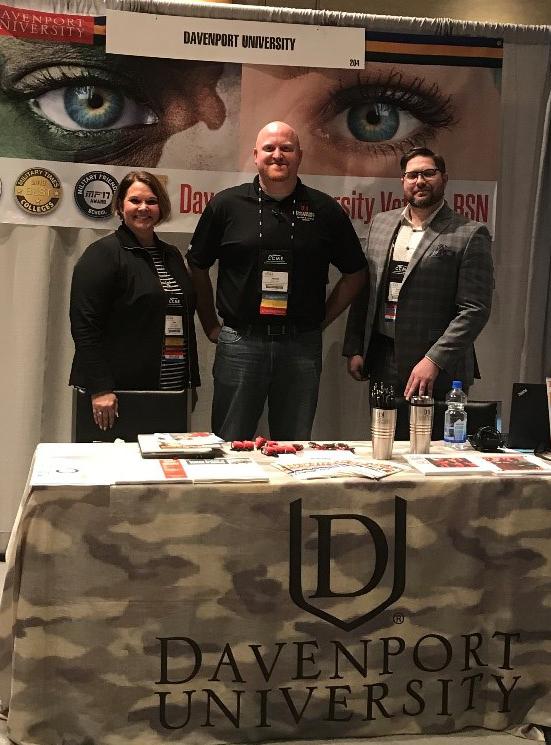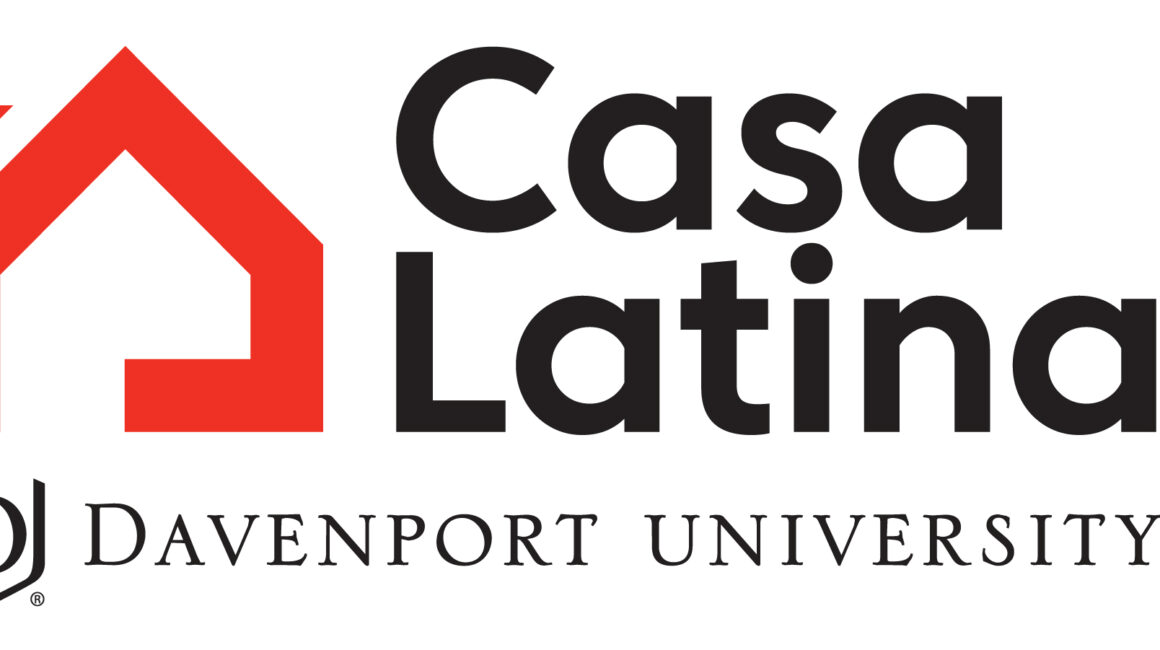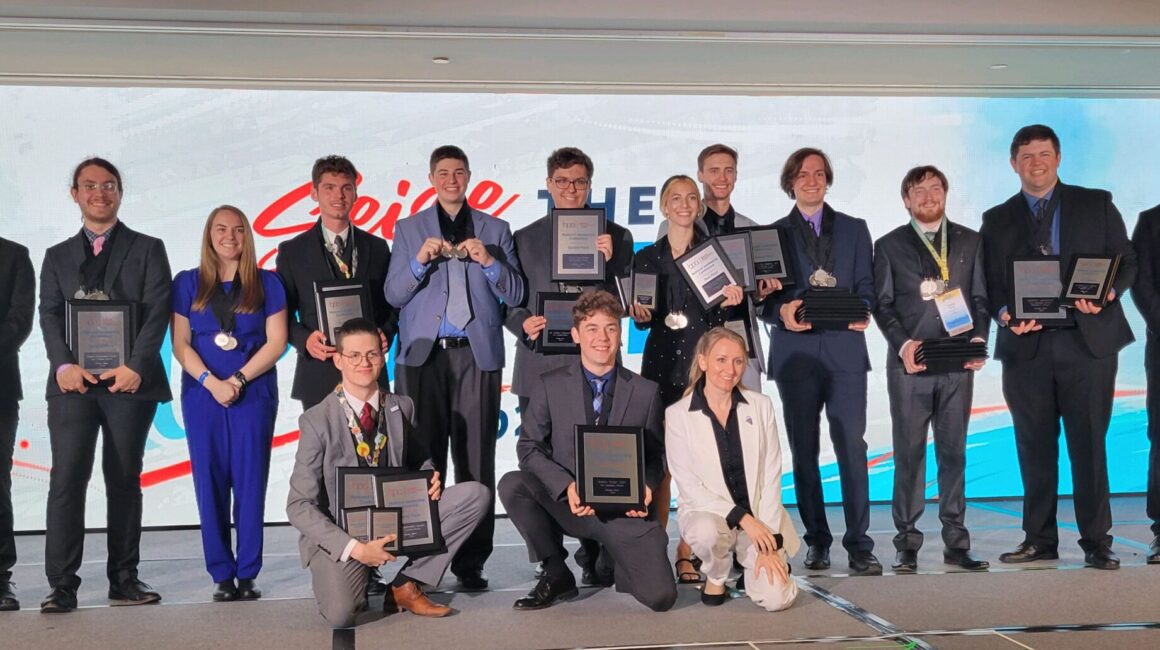

Davenport University is helping military students move from combat boots to scrubs through its Veterans Bachelor of Science in Nursing pathway, the military simulation and research on how to support veteran student success.
 DU’s VBSN pathway is designed to help service members with military medical experience. It helps fast-track many military personnel by granting advanced standing for transcripted military training or credit by exam in DU’s BSN-Pre Licensure program.
DU’s VBSN pathway is designed to help service members with military medical experience. It helps fast-track many military personnel by granting advanced standing for transcripted military training or credit by exam in DU’s BSN-Pre Licensure program.
“As I began my military nursing journey, my experience as a medic was significant. Now I am thrilled to be coordinating a pathway that is recognizing our medics for their experiential learning,” said retired Army Nurse Corps Major Renita Elder Robinson, who serves as nursing veteran coordinator and faculty at DU.
Davenport was the first university in Michigan and one of nine institutions nationally to receive the VBSN HRSA grant — a five-year initiative funded at over 1.5 million.*
“Veterans and military service members bring a wealth of experience to a university campus. Leveraging their military medical experience, leadership skills and honoring their service is key as we translate these skills into being a successful student,” Daley said. “One way is to grant academic credit for military training. Within the VBSN pathway, we are able to shorten their four year degree to a three year degree to accelerate their path to a bachelor of science in nursing.”
Ensuring student veteran success in the classroom
One issue often reported by military students is the feeling of disrespect from faculty, staff and students. To help address this, Lindsey Shull, DU regional health professions practicum manager, and Charity Landrum, a former College of Health Professions employee, created a military simulation with the input of the VBSN Team and military faculty and staff at DU.
“Our military simulation is an experiential learning opportunity that provides participants with an educational insight into the lives of our military students,” Daley said. “While the full impact of a military experience cannot be represented in the simulation, it allows people to gain a general idea of what it’s like to be a service member juggling all of life’s responsibilities while pursuing a college degree.”
“We hope it helps them gain insights that will help them facilitate the success of military students and produce a more inclusive campus,” Daley said.
The VBSN team also is developing Green Zone Training, which will aid in teaching and student engagement and help create an inclusive and accessible campus.
“With Green Zone Certification, faculty can signal to military students that they are there to help and have taken steps to ensure their classrooms, curriculum and resources are accessible to student veterans, as well as show that they have knowledge of military culture,” Daley said.
Leading education for students with military experience
During the last week of March, the VBSN team presented their findings at the Council of College and Military Educators symposium in San Diego, California.
In June, Davenport’s VBSN pathway will host the Camo to College and Beyond: Transitioning Military to Nurses conference in Grand Rapids, Michigan. This event will focus on how to educationally support veterans in their transition from military member to practicing nurse — including best practices and strategies in supporting veteran student success and how to prepare them to enter the civilian workforce.
Davenport’s VBSN team includes:
- Karen Daley, College of Health Professions dean
- Amy Stahley, College of Health Professions associate dean of nursing
- Renita Elder Robinson, nursing veteran coordinator and faculty
- Shawn Ellis, VBSN admissions coordinator
- Dana Hill, VBSN academic advisor
- Rachel Field, VBSN research associate
- Kelli Leask, department chair of nursing



No Responses